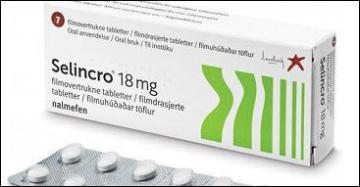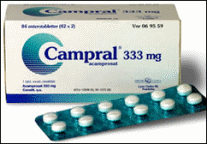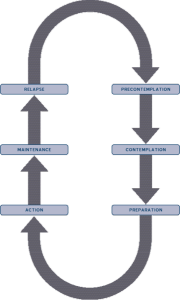Specialist Prescribing
Nalmefene (Selincro)
Nalmefene, a drug, which could help problem drinkers reduce the amount of alcohol they consume, is now available to patients in the UK.
If dependent drinkers take the drug, Nalmefene, while undergoing counselling they can cut their consumption levels by 61 per cent.
The pill, also known as Selincro, is licensed for use in th UK
The drug, which is to be taken once a day, has been licensed for ‘the reduction of alcohol consumption in adult patients with alcohol dependence without physical withdrawal symptoms and who do not require immediate detoxification’.
While current drugs help patients to become entirely teetotal, Nalmefene helps patients with drinking problems to cut back on the amount they drink.
It works by modulating the reward mechanism in the brain (opiate and dopamine systems) which means that cravings are reduced and less satisfaction is gained from drinking.
During a clinical trial into the drug it was shown to help patients cut the amount of alcohol they consumed from 12.75 units a day, to five units a day - a 61 per cent reduction.
Patients also reduced their ‘heavy drinking days’ from 23 days a month to 9 days a month, after undergoing the treatment for six months.
The results of the studies suggest that Nalmefene, in combination with counselling, is a potentially helpful new option for the many people like them in the UK who need some assistance in cutting down their drinking.
Campral (Acamprosate)
Campral tablets contain the active ingredient Acamprosate, which is a medicine used in the treatment of alcohol dependence. In alcoholics who have managed to stop drinking it is used to reduce cravings and desire to drink alcohol.
Acamprosate has a structure similar to chemical messengers (neurotransmitters) that are found in the brain, such as gamma aminobutyric acid (GABA). These neurotransmitters act by sending inhibitory messages to the brain, and acamprosate is thought to act by enhancing their inhibitory effects. It is also thought to oppose the action of certain amino-acids that send excitatory messages to the brain. These actions in the brain help to reduce your cravings for alcohol.
Acamprosate is only effective after you have completely stopped drinking alcohol, and will be used in conjunction with a therapy programme to help you maintain abstinence from alcohol.
- The usual dose for adults weighing 60kg or more is two tablets to be taken three times a day with meals.
- People who weigh under 60kg are usually prescribed four tablets per day -– two taken with breakfast, one with lunch and one with the evening meal.
- Treatment with Campral tablets should be started as soon as possible after you have successfully stopped drinking alcohol and will usually be continued for one year.
Antabuse (Disulfiram)
Disulfiram is used alongside other treatments and counselling
for alcoholism. It is only suitable for people who
have been through detoxification ('detox') and have stopped drinking alcohol. It acts as a deterrent to drinking further alcohol.
Disulfiram works by interfering with the way your body breaks down alcohol. Usually when you drink alcohol, your body breaks the alcohol down into a substance called acetaldehyde. This is then broken
down further so that it can be removed from your body. Disulfiram blocks the enzyme which breaks down the acetaldehyde. This leads to high levels of acetaldehyde in your blood and causes an
unpleasant effect.
If you drink even a small amount of alcohol with disulfiram, it will produce an extremely unpleasant reaction. It will give you a throbbing headache, a flushed face, palpitations and make you feel very sick. This reaction starts within about 10 minutes of drinking alcohol and can last for several hours. Knowing this will happen will help stop you from drinking alcohol. Because drinking larger amounts of alcohol can cause potentially dangerous reactions, disulfiram is only prescribed by specialists to people who are determined to stay off alcohol.







